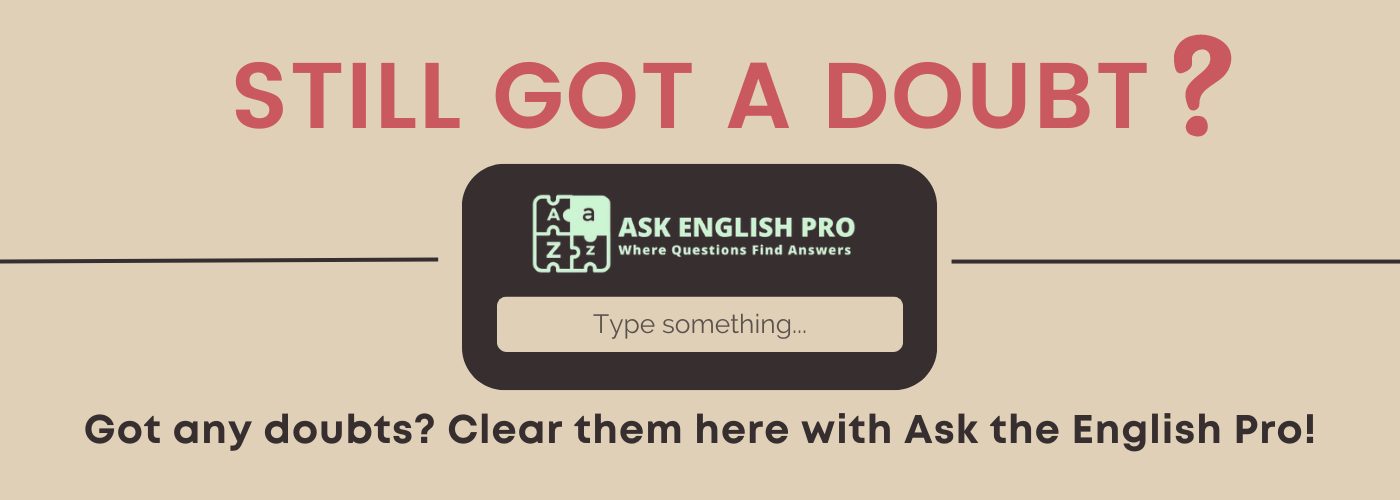Detailed Article for the Word “Aberrant”
What is Aberrant: Introduction
Picture a tree growing in an unusual shape or a river suddenly diverging from its natural course—these instances capture the essence of “aberrant,” a word for anything that deviates from the norm. “Aberrant” describes those anomalies that stand out for their unexpected or unusual qualities. In a world where patterns and predictability often provide comfort, encountering something aberrant can be surprising, unsettling, or even fascinating. From biology to behavior, this word is key in fields that seek to understand or correct deviations from standard expectations.
Origin and History of the Word Aberrant
“Aberrant” finds its roots in Latin, originating from “aberrāre,” which combines “ab” (away from) and “errāre” (to wander). The word’s journey into English began in the 16th century, where it was used in biological contexts to describe organisms deviating from normal characteristics. Over time, its usage expanded into other fields, including psychology, medicine, and sociology, to describe actions, behaviors, or events that differ significantly from accepted standards. Today, “aberrant” is widely used to capture the essence of deviation, whether in behavior, phenomena, or scientific observations.
Meaning and Definition of Aberrant
Aberrant (adjective):
- Departing from an accepted standard or norm; unusual or atypical.
- (Biology) Deviating from the normal or expected form, structure, or behavior in a species or individual.
- (Medical/psychological) Describing behavior that diverges significantly from social or cultural norms.
Usage note: “Aberrant” is often used in scientific and clinical contexts to identify or describe deviations from standard expectations or norms.
How to Pronounce Aberrant
uh-BER-uhnt or AB-uh-runt
How to Remember Aberrant: Memory Tips
Think of “a bear” in an unexpected place, like wandering through a bustling city—this unusual occurrence is “aberrant” behavior for a bear. Another way to remember is to think of “ab” (away) + “errant” (wandering), suggesting something that has wandered away from the usual path. Visualize an unexpected twist or turn in a familiar path, symbolizing the word’s essence of departure from the norm.
Aberrant in a Sentence: Examples and Usage
- Biological: The scientist noted an aberrant coloration in the frog species, marking it as an unusual genetic mutation.
- Behavioral: His sudden, aberrant behavior concerned his friends, as he usually maintained a calm demeanor.
- Medical: The condition causes an aberrant formation of cells, leading to health complications.
- Environmental: An aberrant weather pattern brought snow to the desert, surprising residents.
- Psychological: Aberrant social behaviors can sometimes indicate underlying psychological conditions.
- Legal: The judge ruled that the aberrant actions of the defendant warranted special consideration.
- Cultural: The artist’s aberrant style set them apart in the traditional art scene, gaining both criticism and praise.
Difficulty Level of Using Aberrant
Advanced:
- Most commonly used in formal, scientific, and medical contexts
- Requires understanding of standard vs. deviant behavior or traits
- Valuable for precise descriptions of unusual phenomena
Modern Usage of Aberrant in Contemporary Context
In contemporary discourse, “aberrant” is a valuable term for highlighting deviations in a variety of contexts:
Psychology and Mental Health:
- Describes unusual or unexpected behaviors that may signal mental health conditions.
- Used in diagnosing and discussing behavioral deviations from social norms.
Science and Biology:
- In biology, “aberrant” is applied to species or individuals with physical or behavioral deviations from the norm.
- Ecologists may refer to aberrant patterns in migration or reproduction among animal populations.
Social and Cultural Analysis:
- The term appears in discussions on subcultures, art, and music that deviate from mainstream trends.
- Cultural critics might label certain practices or ideologies as aberrant if they strongly diverge from societal norms.
As societies increasingly embrace diversity, the concept of “aberrant” prompts us to question norms and explore the richness of deviations. It serves as a powerful descriptor for navigating discussions in science, culture, and personal identity where differences from the typical often provide insight and intrigue.




















This is the best website ever…Thank you so much
It is really help full … thanks a lot to word pandit .. great source for learning. update some more words.
brilliant app..loving it…
this is amazing, can you update some more words
Hey Shruti, we are updating words regularly. Explore the learn words section for more words.
Very good explanation,
makes it easy to remember,
Thanks a lot Pulkit.
Thanks a lot for the praise
awesome site !!….its so easy to learn words here….
Please provide Voice for the words, It is a beautiful website, I love it
now this is something i was looking for since ages!!! 🙂
awesome thanks a lot guys
Till now, I could’nt able to find the better one for my CAT preparation. But here I found the BEST. Thanks WordPandit
Awesome learning experience. Continue posting like this, it will really helpful for students like me.
Thanks a lot!
This site is awesome!!Great work guys..!!
Hello,
Awsome Method to enhance Vocab.
Please let us know if you could help us with grammar.
Thanks
This is aberrant practise for CAT brought to us by Wordpandit.
i just the love the way the words are been interpreted …Nice job!!!!! kudos to the entire team!!!!
This site is an incredible resource for various competitive exams.
Good job! Keep it up.
The only suggestion which I would like to quote is
create a mobile app of this website so that it becomes more user friendly.
I like it. It helps a lot
Thank you so much for your efforts to all this content online.
This is not only time saving it also provides direction on how to study and chunk of study material which has to be consumed.
Since I have only 2 months left, I am doing 2 Days material in 1 day to compensate.
Thanks Word Pandit. You guyz are awesome.
amazing ! really useful..please update the days from 21 under gre preparation plan .. lukn forward to it 🙂
it is really a easiest way 2 memorize vocab….thanks word pandit…:)
its really easy here to remember words…. thanks for putting it in open source…. which mostly the so called “popular/bigger” writer/publisher/tutors don’t do…..
I was looking for a word online.when I swapped to the images saw this i this photo with a brilliant meaning to the word I can completely connect to and I am stunned by the pain taken to fabricate the entire worlist for this…awsum man…I really appreciate this website…hatsoff..adding to my daily bookmark list
Excellent way. Superb.
Why is the website not updated..?? M an aspiring candidate for CAT 2014 and find this site very useful.. Please update things for 2014 as well.. Kudos for your job..
what a tremendous experience of learning vocab…with word pandit i think i can get iim call….
it helped me a lot through visual i easily learn 40 words a day thnku
Dear conceptualizer of this site.. Its an amazing site for preparation. I am gonna recommend it too.
All the very best.
thanks a lot..:)
This site is really awsum.
Just coz of this site with creative word meaning explanation, my whole day always with wordpandit.
thanks alot for your support.
awesome
you should update words in visual vocabulary section.
Wow!!
I hve one confession.. I am checking word pandit for the 1st time 2day:(
one promise: frm nw alwz i will always chk it.. it really helps
thnks:)
thanks alot dolly…
look forward to your regular participation..:)